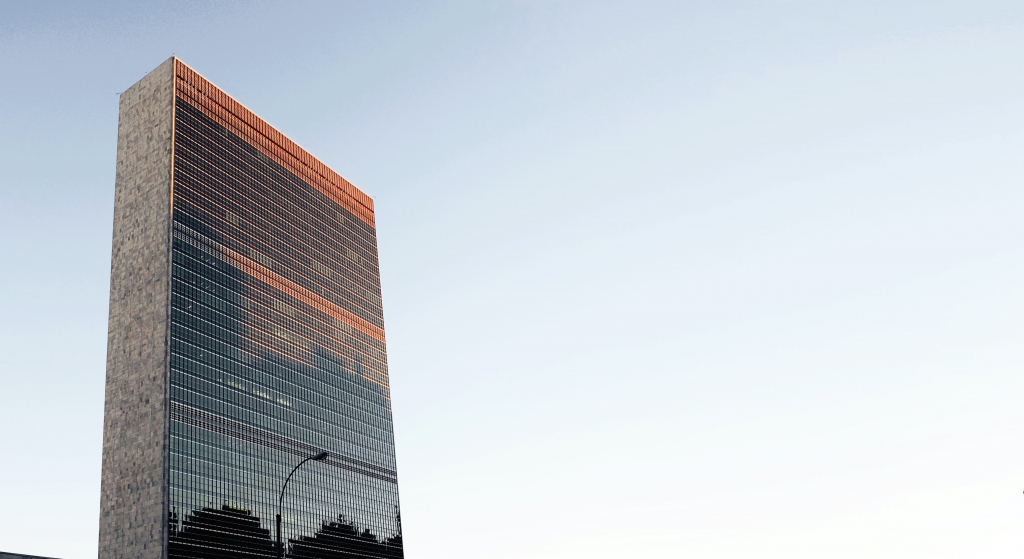Statement by Representative of the Russian Federation Ms.Irina Tyazhlova at the fourth substantive session of the Open-ended Working Group on security of and in the use of ICTs 2021-2025 on Existing and potential threats
Mr.Chair,
Dear colleagues,
For most countries of the world, the security of information resources is of critical importance. In this regard, the use of ICTs for purposes that contradict to the UN Charter may provoke the interstate conflicts. First of all, this is due to the possibility of the disproportionate use of response measures to threats. The situation is aggravated by the possible use of computer attacks under a “false flag” in order to hold another State responsible. In the absence of a universal methodology for identifying perpetrators, as well as criteria for classifying computer attacks as an armed attack, and principles for investigating computer incidents, the adoption of any political decisions on the security of ICTs may bear additional risks to international peace and security. The international community needs to conduct an in-depth discussion and analysis of the set of factors that contribute to the escalation of threats, including the anonymity of actions in information space.
The Russian Federation proceeds from the need to develop, within the OEWG, measures to counter the following threats to information security and related factors:
1. Using ICTs by States in military and political as well as other spheres in order to undermine or infringe upon the sovereignty, violate the territorial integrity, social and economic stability of sovereign States, interfere in their internal affairs, as well as to commit other acts in the global information space impeding the maintenance of international peace and security;
2. Carrying out computer attacks on the information resources of States, including critical information infrastructure;
3. Monopolizing of the ICT-market by individual States and/or, with their assistance, by private companies through restricting access to advanced ICTs to other States and increasing their technological dependence on States dominating in the field of informatization as well as increasing the digital divide;
4. Laying unsubstantiated accusations by some States against other States of organizing and carrying out wrongful acts with the use of ICTs, including computer attacks;
5. Using information resources under the jurisdiction of another State without the approval of the competent bodies of that State;
6. Placing in information space of States free-to-access tools for computer attacks, instructions on methods of their organization, coordination and development of practical skills to use such tools;
7. Using ICTs to the detriment of fundamental human rights and freedoms in information space, primarily, the right to respect for private life;
8. Integrating undeclared capabilities in ICTs, as well as concealing by manufacturers of information on vulnerabilities in their products;
9. Using their own information infrastructure by States to commit internationally wrongful acts, as well as using proxies by States, including non‑State actors, to commit such acts;
10. Disseminating information through ICTs that is detrimental to the socio-political and socio-economic foundations, spiritual, moral and cultural environment of States and is threatening the lives and safety of citizens;
11. Inability of identifying promptly and accurately the source of computer attacks aimed at committing wrongful acts, caused by the technological specificities of ICTs and the absence of institutional mechanisms to ensure de-anonymization in information space.
In order to counter these threats, it is necessary to work towards the formation of a global information security system under the UN auspices in accordance with the provisions of UN GA resolution 77/36. Such a system should be built on the basis of respect for the principle of equal security of the parties and the peaceful settlement of inter-State disputes arising from the use of ICTs.
Among the individual topics worthy of attention, we would like to focus on the protection of personal and other data. The definition and subsequent approval of the principles for the processing of personal data single to all UN Member States, will significantly increase the level of protection of personal data in the relevant cross-border exchange, and will also contribute to the development of legislation in the field of personal data protection in States where such legislation is not sufficiently developed or is completely absent.
Thank you.
